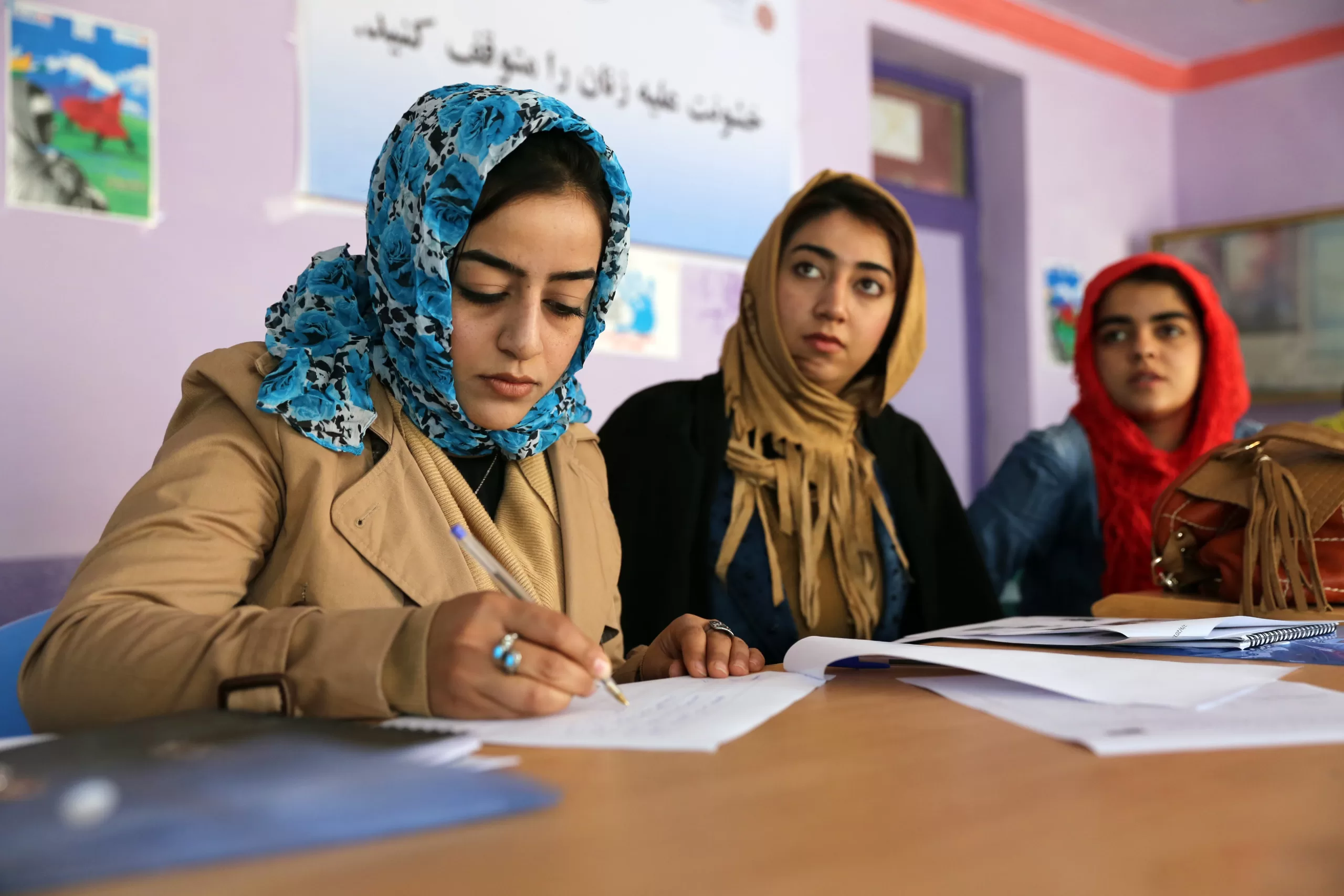“The situation has not changed, the Taliban didn’t change. They are not allowing journalists, especially women journalists, to work, and any output is censored by the Taliban.” These were the words of Afghan journalist Ali Bezhad, who spoke to Index for our Spring 2023 magazine issue after escaping the country and relocating to Germany. Since then a year has passed, but Bezhad’s words still ring true. Journalists in Afghanistan remain under constant threat of persecution by the Taliban, a situation which has been ongoing since the group regained power in 2021.
This has not gone unnoticed at Index. In February this year, we received an email from another Afghan journalist who feared for their life and safety (and in March, a similar one via Signal). M. Yousufi told Index of her experience of being targeted by the Taliban for her work and having to regularly change location. She said that in recent years, several of her family and friends have been “arrested, tortured or killed”.
“I have continuously been active against the ideas of the Taliban and other extremist groups, and therefore my activities are considered to promote prostitution and blasphemy,” she explained. “My work and activities have been completely censored.”
Yousufi describes her journalism as being focussed on women’s and minority rights, freedom of speech, social justice and the crimes of the Taliban.
“I have dedicated my whole life to freedom of speech to be the voice of the people of society, especially the oppressed women of Afghanistan,” she said.
Having previously been arrested and detained overnight by the Taliban, as well as being subjected to violence and harassment, she said it is no longer possible for her to continue working in the media.
“The increasing restrictions and threats from the Taliban and other extremist groups and Islamic fundamentalists stopped my activity,” she said.
This is not an isolated incident. Over the past year, calls for action have been routinely made to address the situation facing media workers in Afghanistan. In June 2023, an expert panel hosted by Index’s Editor-at-large Martin Bright saw Zahra Joya, an exiled Afghan journalist and founder of Rukhshana Media, and Zehra Zaidi, a lawyer and advocate for Action for Afghanistan, discussing the plight of journalists in the state and urging the UK to do more.
In October 2023, freelance journalist Mortaza Behboudi spoke out for the first time about his experience of spending nine months in an Afghan prison after being charged with spying and assisting border crossings.
“I felt as though I’d been kidnapped,” he told Reporters Without Borders (RSF). “There was no trial, nothing, no future. I was harassed all the time. They used to hit me.”
The Afghanistan Journalists Centre (AFJC) has documented the alarming rise in attacks on journalists since the Taliban took over power. In their 2023 Annual Report on Media Freedom in Afghanistan, the organisation found that over the last year, media workers in Afghanistan have encountered significant obstacles and infringements on their rights, limiting their capacity to function effectively, and recorded 75 incidents of journalists being detained or threatened in this time. Press freedom under the Taliban is clearly heavily restricted across the board, but although all journalists face threats to their safety, women are at much greater risk. In April 2023, we spoke to the editor-in-chief of the Zan Times, Zahra Nader, who explained that the laws preventing women from reporting effectively are not always specific to female journalists, but are a result of the intersection of being both female and a journalist.
This was further demonstrated in February this year with the Taliban’s warning that if women did not adhere to certain guidelines regarding their appearance while working in media then they may issue a complete ban on women working in the industry. RSF responded to this by detailing their alarm at the “worrying increase in the restrictions imposed on journalists, with authoritarian directives on women journalists’ dress, restrictions on women’s access to the audiovisual media and a ban on filming or photographing Taliban officials”.
Cries for help continue to be made. Last month, during the 68th Session of the Commission on the Status of Women – an annual meeting for UN states to discuss gender equality – four Afghan women journalists were interviewed by International Media Support (IMS). One of the interviewees, who remained anonymous for safety reasons, said: “After three difficult and unjust years [under the Taliban], I have become a fighting girl, a photographer trying to showcase the beauty of Afghan girls, and a journalist trying to be the voice of thousands of girls.”
Afghan journalist and women’s rights activist Faranaz Forotan also spoke at the event. “In Afghanistan, being a female journalist is an endless act of bravery,” she told the committee.
“Women journalists have changed the narrative of journalism in Afghanistan and today, with the least resources, they strive to preserve and nurture freedom of expression in Afghanistan.”
These examples all point to a situation which is growing steadily more precarious, as journalists in Afghanistan are targeted and brutally silenced for their work. A year on from Index’s call for action, the only change we’ve seen is for the worse.






